In an effort to strengthen ties with the African continent, the Russian government has announced its plans to teach three major African languages in select Moscow schools. Starting from September 2023, four undisclosed schools in Moscow will offer instruction in Swahili, Amharic, and Yoruba.
This initiative comes at a time when Russia is facing increasing international isolation following its invasion of Ukraine.
Join our WhatsApp ChannelSwahili, widely spoken in Eastern Africa, along with Amharic and Yoruba, spoken in Nigeria and neighbouring countries, have been chosen for their regional significance.
The teaching of African languages in Russian schools will be implemented as part of a special program by the Institute of Asian and African Studies at Lomonosov Moscow State University (IAAS-MSU).
The objective is to foster deeper connections with Africa and promote cultural exchange. The announcement was made during a Sputnik international roundtable on Russia-Africa relations, attended by academics from universities in both Russia and African countries.
The focus of the discussion was the prospects for economic cooperation between the two regions. If successfully implemented, Russia will become the first European nation to introduce African language instruction in public schools.
READ ALSO:South Korea Scrambles Jets As Russia, China Enter Air Defence Zone
This news has been met with enthusiasm in both Russia and Africa. The Russian embassy in Uganda joyfully tweeted about the initiative, stating that starting in September, students in four Moscow schools will begin learning Swahili, Amharic, and Yoruba.
Alexei Maslow, director of the Institute of Asian and African Studies at Lomonosov Moscow State University, emphasized the importance of this decision.
He stated that an “abrupt turn to Africa” requires a new generation of specialists who can engage directly with the economy and political elites, understanding the diverse national, ethnic, religious, and linguistic traditions present on the continent.
Swahili, spoken by over 200 million people, is one of the most widely used languages in Africa. It is the official language of Kenya and Tanzania and has been adopted as the common language of the African Union.
Yoruba, spoken by over 50 million people, is primarily found in Nigeria, Benin, and Togo, while Amharic, spoken by over 50 million people, is prevalent in Ethiopia and Eritrea.
Russia’s efforts to attract African students have been gaining momentum. More than 100,000 African students have expressed interest in studying in Russia, with approximately 30,000 currently enrolled in Russian universities.
The country’s recruitment drive has capitalized on the factors of affordability and quality. Russian universities receive approximately $110 million in tuition fees annually from 22,000 African students.
Russian President Vladimir Putin has praised the education cooperation between Russia and Africa, describing it as being “at a traditionally high level.” He also highlighted that his government supports 5,000 out of the 27,000 African students studying in Russia through scholarships.
With the introduction of African language education in Moscow schools, Russia is taking a significant step toward fostering deeper cultural and educational ties with Africa, paving the way for enhanced economic and diplomatic collaborations between the two regions.
5 most spoken Russian languages amid inclusion of Yoruba, 2 other African languages
Five languages are most spoken in Russia and they include:
- Tatar language family, which is Turkic and presently endangered
- Chechen: Spoken in Northeast Caucasian, Chechen remains vulnerable
- Bashkir Language family is Turkic and also vulnerable
- Ukrainian Language family is Indo-European ans is currently safe.
- Chuvash Language Family is also Turkic.

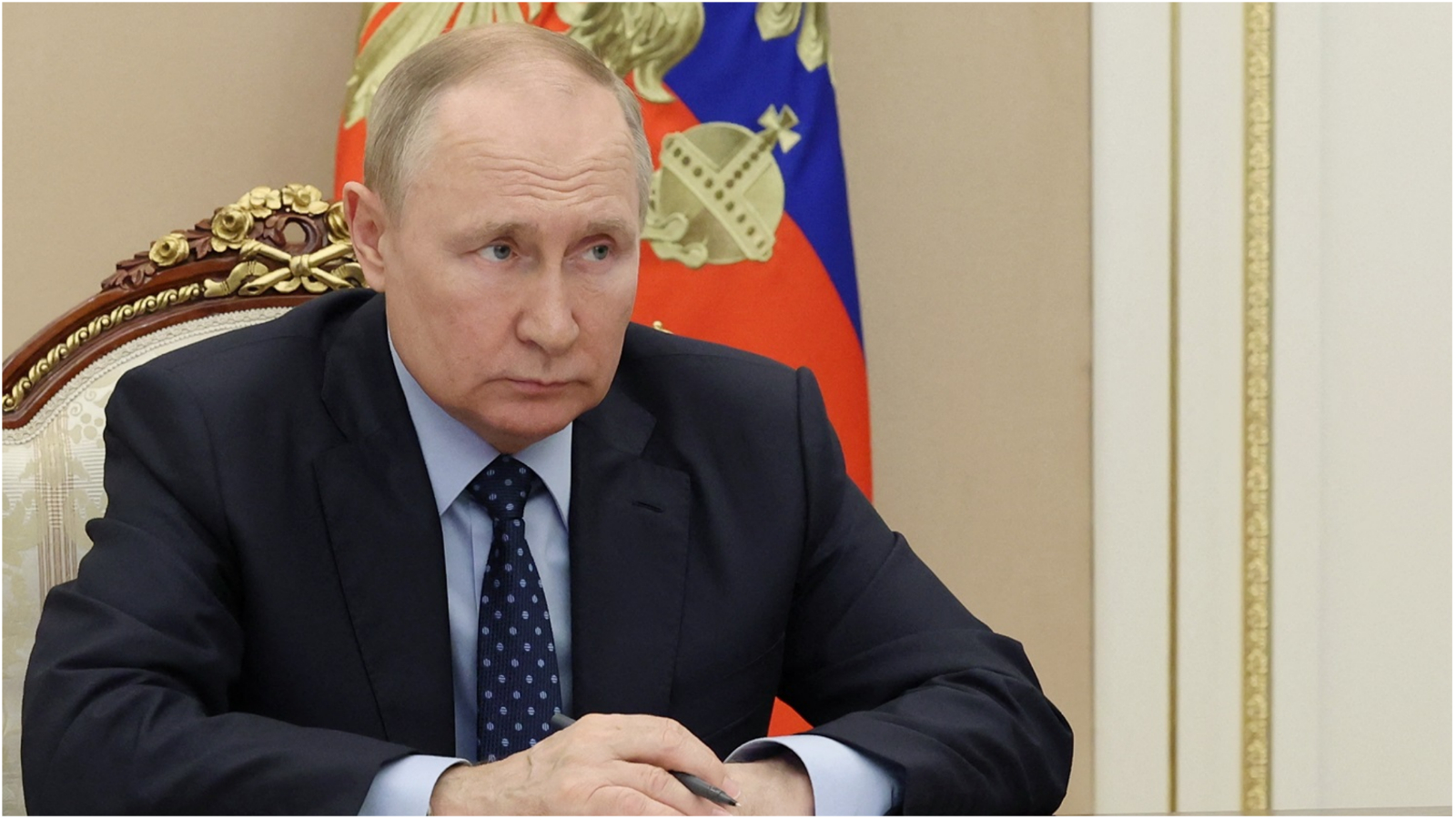


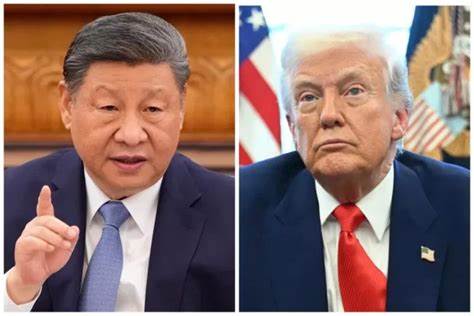

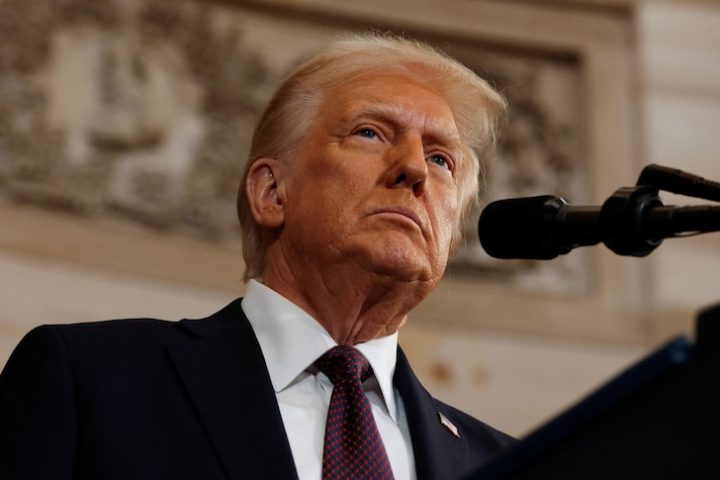





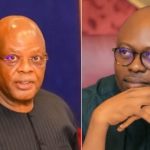


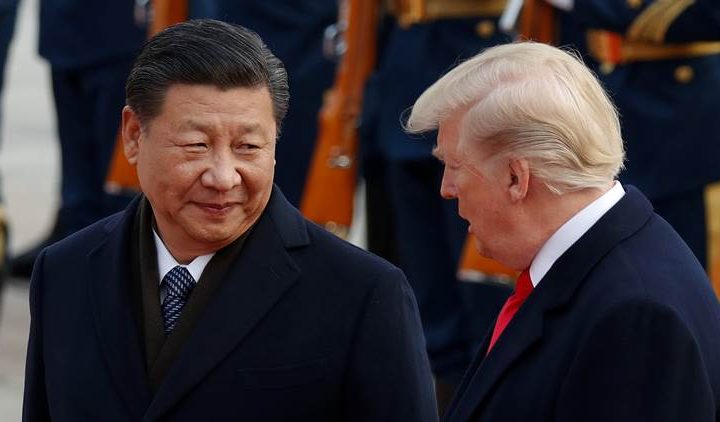

Follow Us